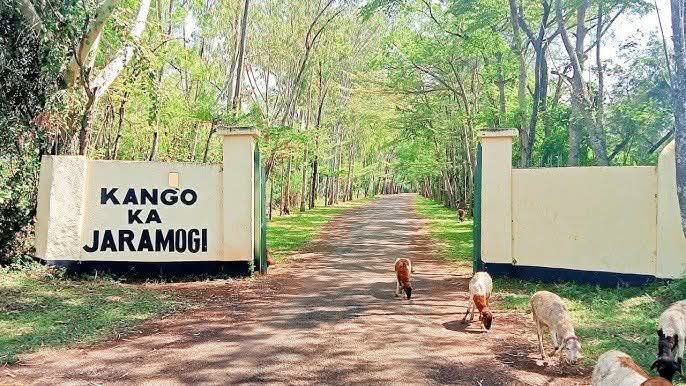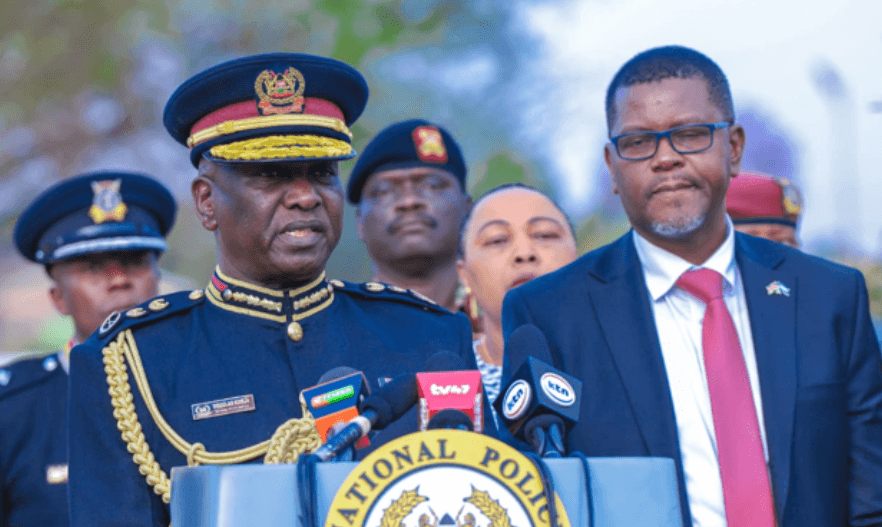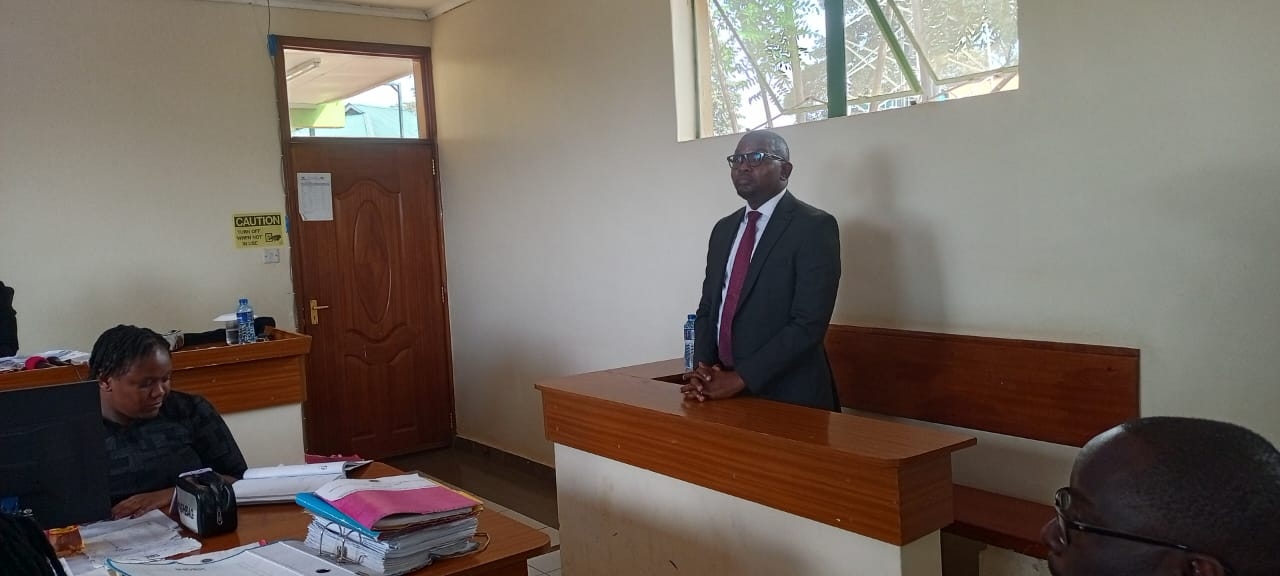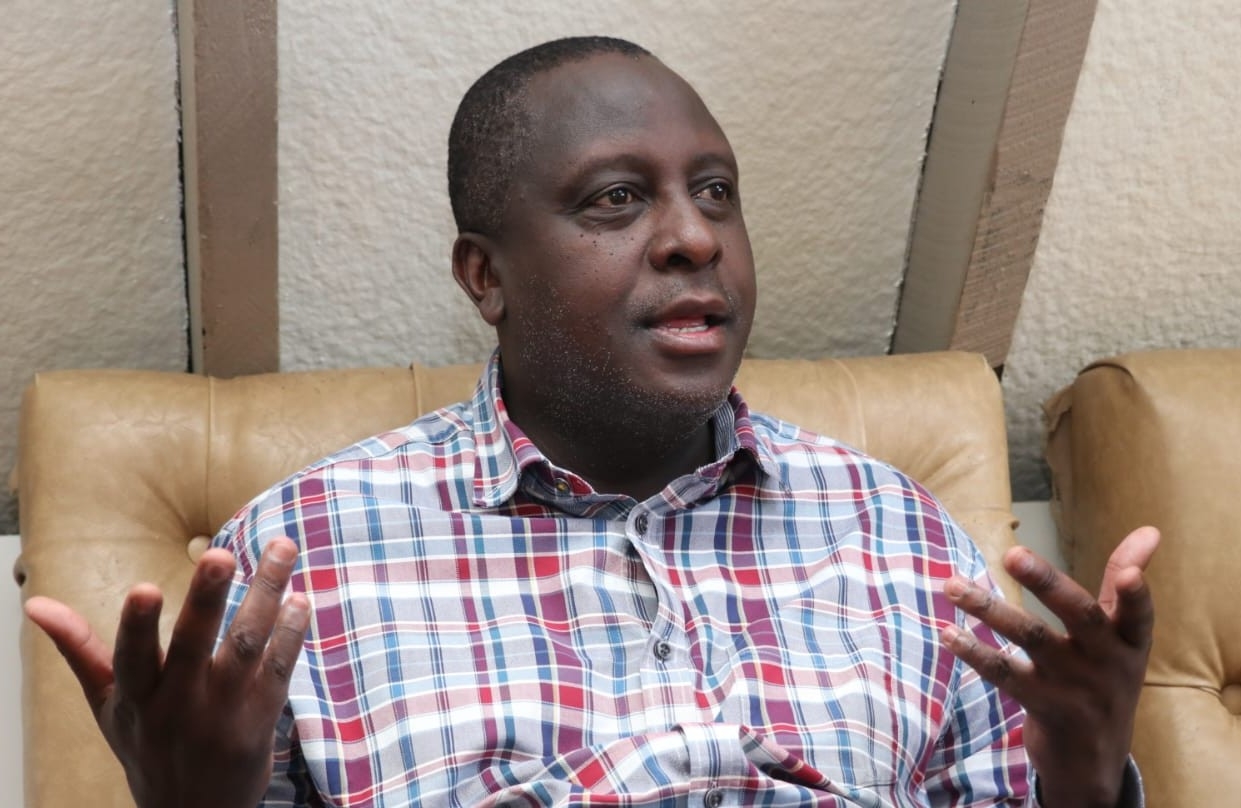The past 60 years of Kenya’s independence have witnessed painfully slow progress characterised by three steps forward but three backwards with regards to good governance and rule of law, human rights campaigners say.
Although significant steps have been seen in aspects like technology and digital evolution, constitutional and police reforms, not much can be written home about on respect for human rights and rule of law, they say.
From the state disobeying court orders to criminalising legitimate dissent, and what some activists call shambolic elections, the agitators believe more work needs to be done on respect the for rule of law and effective administration of justice.
Kamau Ngugi, the executive director of Defenders Coalition, said the 2010 Constitution stands out as the key development in the country’s post-independence democratisation journey because it sets new standards that every state organ and citizenry must live up to.
“The new Constitution features prominently in the 60-year story of the country. It reformed everything right from the Judiciary, police, public administration, to management of public finance and many other areas,” he said.
He added: “The space of democracy has expanded but this is under threat of regression if the citizens lower their guard of vigilance.”
Ngugi said that citizens must not outsource protection of their rights to active citizens and politicians but be on guard and use the Constitution as their tool.
“We have a problem when the citizens of this country have consistently believed the lie by politicians and the powers that be that their rights to anything, including development, is a favour done to them by people in power or those they are politically aligned with. This ignorance must change and our people must stand up,” he said.
Law society of Kenya president Eric Theuri said the political class is yet to recognise the place of the ideals of the Constitution, living as though the laws and the Constitution do not apply to them.
“This country has moved through seasons that have seen blood shed characterise the norms of power acquisition and management. Politicians and the powerful still roam free with impunity, not believing that the law applies to them, even though significant strides have been made,” he said.
“The President, no less, is the number one embodiment of this culture of impunity. He believes the law does not apply to him when he proclaims that the people he thinks are flouting the law must only have three options, including being killed or jailed or being expelled out of the country,” he said.
Theuri however commended progress in police reforms even though he thinks the police still panders to personality and powerful people while dealing horribly with the poor.
He complained that the independent commissions have not lived up to the expectation of the Constitution yet they have enormous powers as the fourth arm of government to offer checks and balances.
The activists also raised concerns over what they claim to be shrinking civic space in the country, citing heavy-handed police response to demonstrations and expression of dissent.
Suba Churchill, a veteran activist who as a university student took part in the multiparty agitations of the 1990s, told the Star that the scandalising of protests by those in power is a direct affront on the voice of citizens because demonstration is the only channel of expressing discontent.
“It is sad that we are consistently seeing power barons use police to scandalise and criminalise protests yet even the new Constitution was birthed through protests,” he said, calling for sustained citizen vigilance.
Churchill also said that despite much investment in police reforms, the institution has yet to appreciate its independence, and still views itself as an appendage of the political wing of government.
“It is sad that though we have seen much transition through the six decades, one thing has remained constant: Police’s attitude of partisanship, impunity and high-handedness when dealing with the poor public,” he said.
Constitutional lawyer Willis Otieno said while much progress has been attained in the governance front, social and economic rights remain elusive, and this undermines the promise of independence.
“Poor people are not independent because they still get condemned to inhumane living and are subject to being taken advantage of by the political class, and this is the trend from independence,” he said.
Otieno explained that while the Constitution provides a progressive framework for building a more caring modern state, "politicians have weaponised poverty to swing elections and make basic services like health, education and wealth creation out of reach of the majority.”
"The late former President Mwai Kibaki tried to revive the economy and put it on a growing trajectory, only for Jubilee regime to implement failed policies that sunk millions to poverty. Kenya Kwanza is even doing worse, furthering the Jubilee policies," he said.













